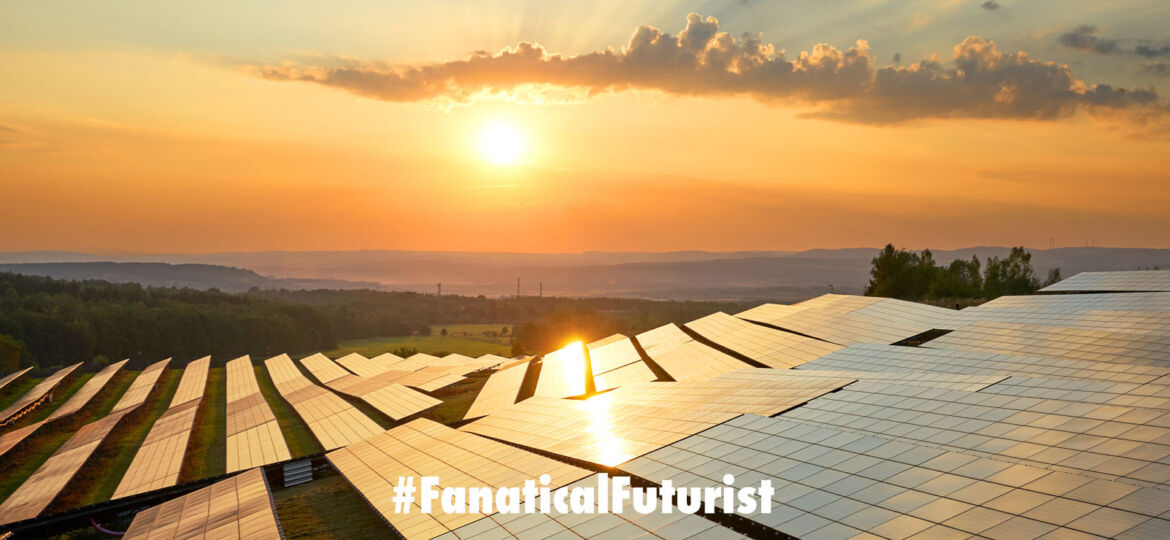
WHY THIS MATTERS IN BRIEF
Renewable energy is rapidly becoming the energy of choice for many countries and companies, and as output increases and costs fall, more companies are making the switch from fossil fuels.
By March this year all of Google’s datacentres and offices will be powered entirely by renewable energy in what the company has called a “landmark moment”.
The internet giant is already the world’s biggest corporate buyer of renewable electricity, last year buying 44% of its power from wind and solar farms and by the end of March it will be 100%. The contracts have already been signed.
“We are convinced this is good for business, this is not about greenwashing. This is about locking in prices for us in the long term. Increasingly, renewable energy is the lowest cost option,” said Marc Oman, EU energy lead at Google, “our founders are convinced climate change is a real, immediate threat, so we have to do our part.”
Solar power is already the cheapest form of electricity in over 58 countries, and this, combined with the fact that the technology industry is keen to cut its carbon footprint, which now accounts for about 2% of all global greenhouse gas emissions, and which rivals the aviation industry, gives Google the opportunity to win on all fronts.
Talking about the challenges they faced trying to achieve their goal though Oman said it had taken Google five years to reach the 100% target because of the complexity involved with negotiating power purchase agreements.
“It’s complicated and it’s not for everyone – smaller companies will struggle with the documents. We are buying power in a lot of different jurisdictions, so you can’t just copy and paste agreements.”
The company’s biggest demand for energy is its data centres and it admits their overall thirst for power is growing, and that’s despite the success that they had last year when an experiment they ran using their DeepMind artificial intelligence (AI) platform managed to reduce the power consumption of some of their data centers by a staggering 40%.
In 2015, Google bought 5.7 terawatt hours (TWh) of renewable electricity, a little less than the 7.6TWh generated by all of the UK’s solar panels that year and the majority of the power comes from wind farms in the US. Oman said that while the falling price of solar and wind meant they had been the cheapest technologies to get to 100% by 2017, Google was now looking to sign 10-year agreements for low-carbon power that was not intermittent, such as hydro, biomass and nuclear.
“We want to do contracts with forms of renewable power that are more baseload-like, so low-impact hydro, it could be biomass if the fuel source is sustainable, it could be nuclear, God forbid, we’re not averse. We’re looking at all forms of low-carbon generation.”
But he said new nuclear power was “controversial”, the safety implications were much more “dramatic” than with renewables, and the price was “much more difficult [to ascertain]” than when funding solar panels and wind turbines.
“We don’t want to rule out signing a nuclear contract if it meets our goals of low price, safety, additionality and in a sufficiently close grid, we don’t want to rule that out, but today we can’t positively say there are nuclear projects out there that meet this criteria,” he said.
“By transitioning global operations to run entirely on renewable energy, Google is charting a course for other corporations, institutions, cities and communities to take bold action that will create jobs, save money, and protect families from dangerous fossil fuel pollution,” said Jodie Van Horn, a campaigner at the Sierra Club, an environmental group.
















